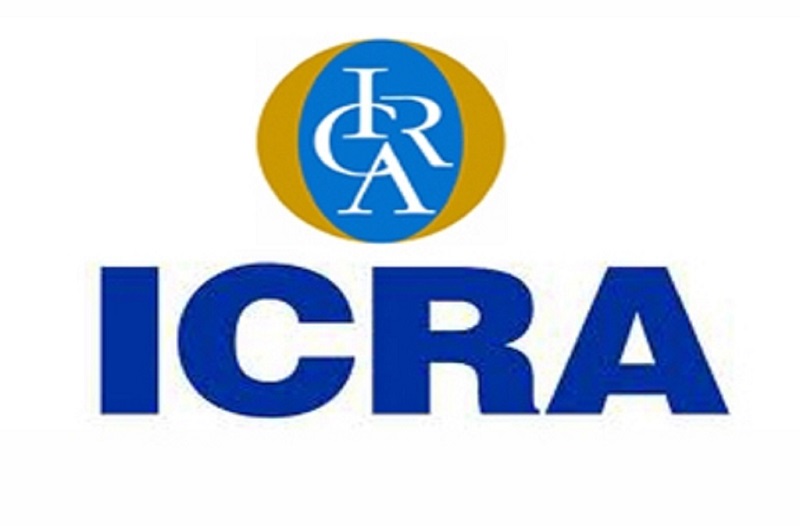Scooters help industry post low single-digit growth while motorcycles de-grow
Highlights:
- Scooter volumes, despite starting the year with a low growth pace, gained traction from Q2 FY2016 onwards and grew at a healthy pace of 12% during 11M FY2016, driven largely by product launches as well as continued demand from urban centres.
- ICRA expects demand for two-wheelers to grow at a muted pace of 4-6% during FY2017.
- Over the medium term, the two-wheeler industry is expected to reach a volume CAGR (Compound Annual Growth Rate) of 8-9% and a size of 22-23 million units (domestic + exports) by FY2019.
ICRA estimates the domestic two-wheeler industry’s FY2016 growth to be ~2-3%, largely driven by demand for scooters and premium motorcycles; the other segments, especially entry-level motorcycles and mopeds, are expected to report de-growth. Weak farm sentiments following two consecutive years of poor monsoons (which impacted kharif crops even as unseasonal rains affected the rabi output in FY2016), modest increase in minimum support prices and low rural-wage growth have adversely impacted rural income levels, which account for a sizeable portion of the demand for entry-level motorcycles. Thus, the de-growth in volumes in the entry-level segment has pulled down volume growth in the motorcycles segment even as the executive segment reported flat volumes while the premium segment bucked the trend benefiting from consumers upgrading to higher segments and grew at a rapid pace. Scooter volumes, despite starting the year with a low growth pace, gained traction from Q2 FY2016 onwards and grew at a healthy pace of 12% during 11M FY2016, driven largely by product launches as well as continued demand from urban centres.
“The income growth in the rural sector has been weak over the last two fiscals with two consecutive drought years impacting kharif production while the rabi crop was affected by unseasonal rains. These factors along with low growth in rural wage rates adversely impacted demand for motorcycles, especially in the entry and executive segment, which accounts for 80% of the industry. However, the scooter segment posted a double digit growth yoy, mainly driven by urban demand and launch of new models.” says Subrata Ray, Senior Group Vice President, ICRA Ratings.
ICRA expects demand for two-wheelers to grow at a muted pace of 4-6% during FY2017. Although increased allocations towards rural development and welfare schemes in the Union Budget for 2016-17 and growth in National Rural Employment Guarantee Act (NREGA) expenditure, besides the government’s focus on improving irrigation infrastructure, augur well for the farm sector, demand recovery from rural households is expected to be gradual and in turn linked to the volume and dispersion of monsoon rainfall. Additionally, the implementation of the recommendations of the Seventh Pay Commission in phases and expectations of softer interest rates would support demand (which remains healthy) for two-wheelers from urban households.
“Over the medium term, the two-wheeler industry is expected to reach a volume CAGR (Compound Annual Growth Rate) of 8-9% and a size of 22-23 million units (domestic + exports) by FY2019. The expectation draws on the various structural positives associated with the domestic two-wheeler industry, including favourable demographic profile, moderate two-wheeler penetration levels (vis-à-vis several other emerging markets), under-developed public transport system, growing urbanization, strong replacement demand and moderate share of financed purchases”, says Subrata Ray, Senior Vice President of ICRA Ratings.
